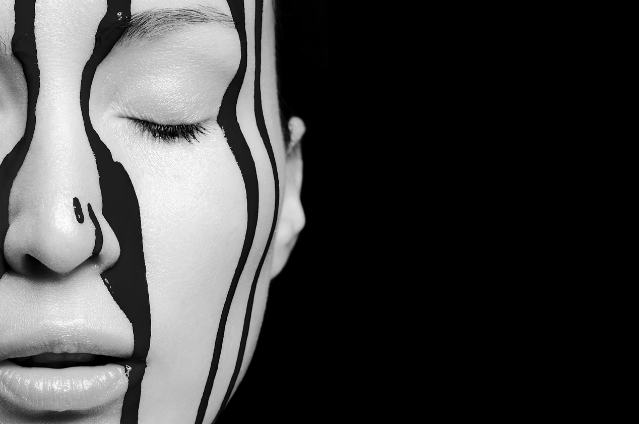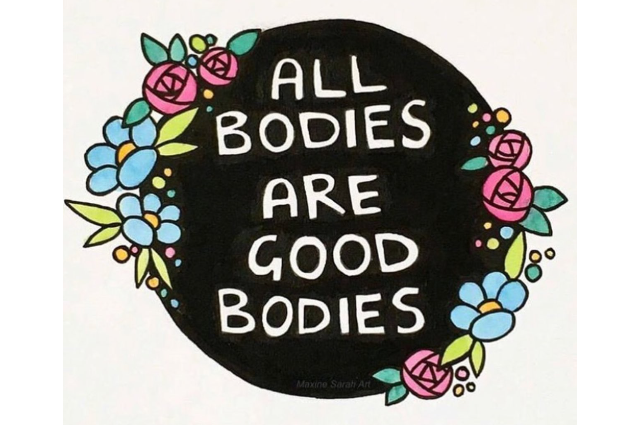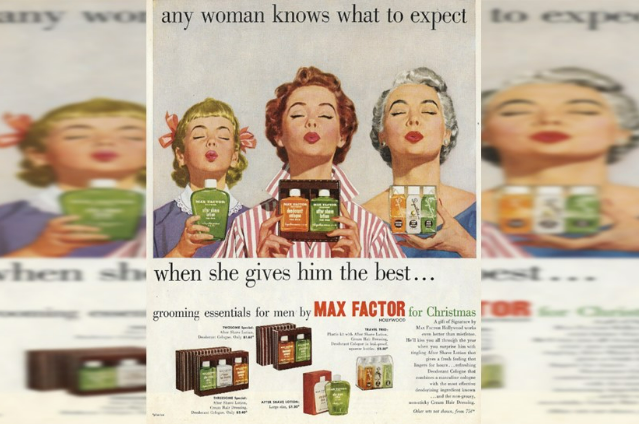
You must have seen a Fair and Lovely commercial before - telling you that your skin is dark and not beautiful.
Or a diet company's advertisement in the newspaper saying that you need to maintain your calorie count?
Or cosmetic products suggesting ways in which you can cover your acne, dark spots, or blemishes?
Telling you to change the way you are.
To change your body.
Body- a vessel we were born into.
A vessel we were given.
And this vessel is what we shall cherish and respect.
Body insecurity is not a new age problem. People have just started talking about it more openly and honestly now.
There have been arguments stating that social media has caused an increase in cases of body dysmorphia and body image issues. While that is absolutely true, we cannot ignore the fact that these problems existed before social media as well.
In ancient Greece, women with athletic physiques with rounded, firm muscles, and little fat were considered most attractive. In Rome, 'fat' people were considered slaves or foreigners. People of the USA have dealt with racism for centuries on end now!
These kinds of beauty standards have been prevalent in the past as well. We, as a society have carried them to the present.
Telling young girls to be skinny and cute and girly.
Telling men to be masculine and muscular and powerful.
Stereotyping transgenders.
Commenting on people's bodies.
These types of standards and comments get to you. This leads to, in some cases, issues with our body image.
Therefore, it is not right to say that body image issues are a problem in the new world.
Because the concept of the 'perfect body' has persisted in society for ages now.
What do you think a perfect body means?
Does perfect mean beautiful?
Or does perfect actually mean imperfect?
Making the 'flaws' your beauty.
Statistics by Tribe for GOOD show that around 60% of the people who participated in the survey stated that they felt underconfident when they compared their bodies to others.
Studies conducted in the UK by Mental Health Foundation show that one in five adults (20%) felt shame, just over one-third (34%) felt down or low, and 19% felt disgusted by their body image in the last year. Among teenagers, 37% felt upset, and 31% felt ashamed about their body image.
These numbers might appear shocking but are unfortunately true.
This is the reality of the world we are living in today.
That is why new terms such as 'Body positivity' or 'Body neutrality' are emerging. They stand and advocate for deeper issues regarding your body and how you perceive it.
It is much more than just loving your body. It is about acceptance. How much YOU appreciate and respect it.
Many ideologies hope to remove the toxic and unattainable body standards in the world; be it body positivity, or body neutrality, and many people also believe that they are NOT their bodies. The body just being a vessel they were born into.

All of these aim for the same thing- a better world where people are not judged or discriminated against based on how they look.
Because we are all humans.
Living in this world - a puzzle.
We all are different- like the pieces of a puzzle.
Trying to fit in.
Trying to find our place.


